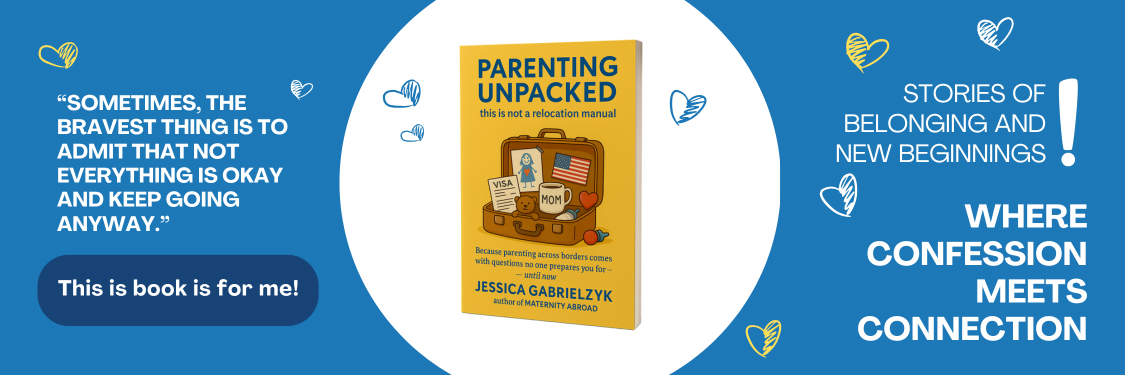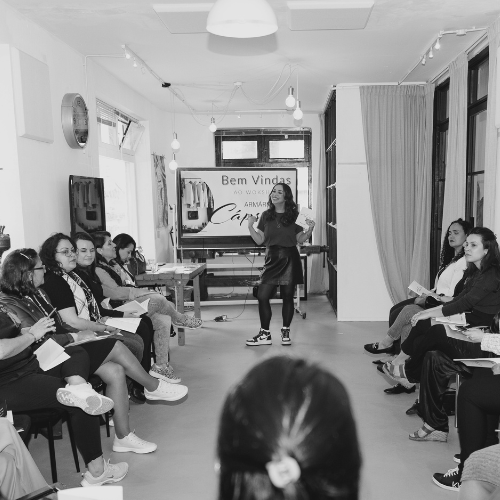🎃 Halloween and Faith: How Families Abroad Navigate Cultural Clashes
Glowing pumpkins, costumes, candy bags, and the famous “trick or treat.” In many countries, Halloween is a beloved community celebration. But for Brazilian families living abroad, October 31st can bring both excitement and discomfort — especially when religious beliefs come into play: “Is this compatible with our faith? Should I let my child take part?”
📊 What the Research Shows
A YouGov survey (2024) found that 77% of U.S. adults see Halloween as harmless, while 11% view it as harmful to family or religious values.
The Pew Research Center found something similar: many Americans believe in angels, demons, and spirits, yet still celebrate Halloween as a cultural event.
Pastors interviewed by Deseret News (2022) noted that many Christian churches now offer alternatives like “trunk-or-treat” to balance faith and community.
👉 Conclusion: Religious families don’t all think alike — some reject Halloween, some adapt it, and others embrace it without conflict.
🌍 Practices Around the World
U.S. & Canada → Trick-or-treating is practically mandatory. Religious families often adapt costumes or participate only in school events.
Mexico → The same season connects to Día de los Muertos, focused on memory and ancestry, and some families celebrate both.
Muslim communities in Europe → Many parents opt out, but children may still join school activities — requiring open dialogue at home.
Brazil → The holiday still divides opinion: some see it as “Americanization,” while others embrace school costume parties with little religious weight.
A Brazilian mom in Canada, Caroline, shared:
“At first, I thought about forbidding it. But I realized that for my son, it wasn’t about witches — it was about being with friends. So I allow it, but only with neutral costumes.”
💡 Practical Tips for Families Abroad
Talk about values at home → explain why your family chooses to participate, adapt, or opt out.
Choose conscious participation → neutral costumes, community events, or just the social side.
Work with schools → many already offer alternatives like “Harvest Festival” or “Light Night.”
Create your own traditions → a family game night, storytelling, or faith-centered celebration.
Lean on research → knowing other religious families adapt too can ease guilt or pressure.
📌 Conclusion
Taking part in Halloween isn’t a question of right or wrong. It’s about coherence, dialogue, and conscious choice. Each family finds its own balance between faith, belonging, and local culture.
👉 If navigating these cultural clashes feels heavy, explore our Directory of Intercultural Psychologists Worldwide — professionals who understand the challenges of raising children across cultures and faiths.










Not all culture is taught through flags and holidays. For toddlers, it’s in the small things — breakfast, music, parks, and play. This new coloring book reflects real American life through scenes young children recognize and relate to, helping them explore with curiosity, not confusion.